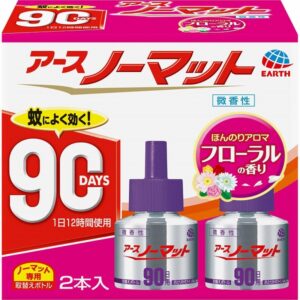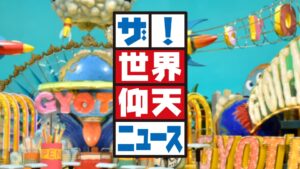When I was in elementary school, junior highschool and high school, I could only see foreigners on TV. English classes started in junior high school, but of course the teachers were Japanese, and I remember very well that we started with “This is a pen”. English was mainly grammar and direct translation of English. Of course, there was no emphasis on speaking.
When I became a university student, there were classes taught by native English speakers, which were optional, but I had no idea what they were talking about. This was natural, since I was not used to speaking and listening, but I gradually became more aware of speaking and listening in English.
I went on to graduate school, and although I had no intention of becoming a school teacher, I started teaching English part-time at prep schools and cram schools, and gradually began to feel the joy of teaching English. Since my father was a high school teacher, I became a high school English teacher for more than 20 years, replacing my father when he retired.
In 1987, when the Japan Exchange and Teaching Programme (JET Programme) began, local governments began to hire young people from other countries as local government employees and assign them to elementary, junior high and high schools throughout Japan. The number of ALTs (Assitant Language Teachers) has been rising every year. Elementary schools have the largest number of ALTs, and according to a 2016 survey elementary schools are increasingly using ALTs in their English classes | Online English for Schools According to Weblio English, there are over 20,000 native English speakers assigned to each school: elementary schools, 1,424; junior high schools, 7,722; and high schools, 2,842.
Today’s elementary school students are taught by native English speakers, and I’m sure they feel no resistance at all to the sight of foreigners. In our day, it was rare to even see a foreigner.
The introduction of ALTs was part of a reform of English education in response to the problem of low English proficiency among Japanese people, even from an international perspective.
English classes are now much different than they used to be, with the emphasis on Speaking and Listening, which are fun and filled with songs and games, while Reading and Writing are neglected.
Anyway, the idea was changed to “let’s talk without being bound by grammar” and “it’s enough if you can grasp the general idea of English sentences”. It is the English teachers who are perplexed. One ALT has been assigned to the high school. I have had many encounters with native speakers. However, I don’t generally have good memories of them. One of the ALTs left the country within a week of being assigned to the school. There was one ALT who refused to be made to read English aloud. There were ALTs who refused to do anything, even when I asked them to spend all day watching movies and participating in class since they were paid 300,000 yen a month.
I was told by the management to use ALTs more and more, but I thought it was difficult to have a well-balanced class. As a high school student, I felt it was a waste of time to have a class that consisted of nothing but songs and games, even though the students loved it. As a result, I had a lot of trouble with the ALTs. I had many arguments with the ALTs. One ALT told me that Japanese people who use disposable chopsticks are not thinking about environmental issues. When I explained to them that the wood used to make disposable chopsticks is made from waste wood, they did not listen to me. I felt that ALTs from Australia, New Zealand, and South Africa were more interested in understanding Japanese culture. On the other hand, many of the American ALTs acted as if the Orientals were stupid right from the start, and I felt that the pride of the Americans made me wish I hadn’t been there. The Americans were taught to justify dropping the atomic bomb on Japan, and I felt as if I was being ridiculed by a young woman of about 20.
However, there is one American ALT who remains in my memory. I still keep in touch with her on Facebook. At the time, she was short, skinny, and extremely modest. Her arguments were reasonable and she was willing to accept Japanese opinions, and I could not wait to teach English with her. I found out on Facebook that she was now a fit mother in her forties. From time to time, she would post on Facebook that she was living happily with her husband and two children. Whenever I see her, I remember those days and feel nostalgic. It is thanks to her that I have changed my mind about Americans.
There are many different people in this wide world. It was thanks to her that I learned not to judge people based on my assumptions.
Now, she is much tougher than she was then. Her smile is still the same, though.











コメント